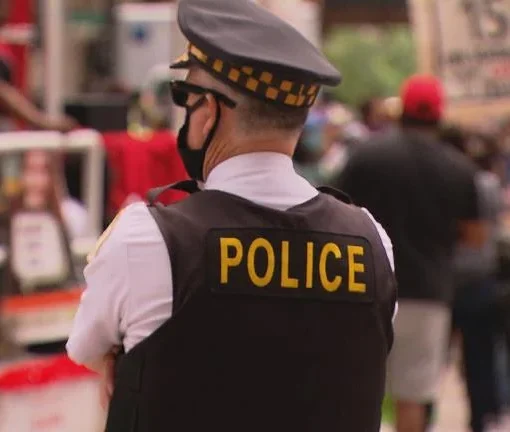The question of whether police keep track of warnings is a common one. This is because the answer can have implications for individuals who have been pulled over or stopped by the police and issued a warning. The answer to this question can vary depending on the specific law enforcement agency and their policies1234.
General Rule. Do Police Keep Track of Warnings?
As a general rule, many law enforcement agencies do keep track of warnings1234. This is often done for the purpose of maintaining a record of interactions between police officers and the public. However, it’s important to note that the specifics can vary greatly from one jurisdiction to another1234.
The System
When a police officer issues a warning, they may tell the individual that the warning is being recorded in “the system”1. This typically refers to the law enforcement agency’s internal computer system14. The agency that issued the citation keeps track of all types of corrective measures1.
This system can show the time, place, and violation that occurred with the previous officer that wrote the warning1. If the same individual were to be pulled over again by an officer from the same agency, the officer would be able to see the previous warning in the system1. This could potentially influence the officer’s decision on whether to issue another warning or a ticket1.
Impact on Driving Record and Insurance
It’s important to note that while a warning may be recorded in a law enforcement agency’s system, it does not typically have any impact on an individual’s official driving record or their vehicle insurance14. A warning is not the same as a citation or ticket, which can have legal and financial consequences14.
Variations Between Jurisdictions
While many law enforcement agencies do keep track of warnings, this is not a universal practice23. Different police departments have different policies, and some may not keep a record of warnings3. Therefore, the specifics can vary greatly depending on the jurisdiction23.
Some departments issue written verbal warnings which usually just end up in a box somewhere3. These warnings are not entered into the local computer system and do not go any further unless other suspicious circumstances are involved3.
Different police departments have different policies, and some may not keep a record of warnings3. For example, a small town police department may not have the resources or the need to keep track of warnings, while a large city police department might.
In some jurisdictions, traffic warnings are not recorded. This is because traffic warnings are often seen as a courtesy and not as an official interaction. Therefore, they may not be entered into the law enforcement agency’s system.
In conclusion, while many law enforcement agencies do keep track of warnings, there are several exceptions to this general rule. The specifics can vary greatly depending on the jurisdiction, the nature of the interaction, and the type of warning given.
FREQUENTLY ASKED QUESTIONS
1. What is a Police Warning?
A police warning is a notice given by a police officer to a person who has broken the law but is not being formally charged or cited12. This can be for a variety of reasons, such as the violation being minor, the person showing remorse, or the officer deciding that a warning would be more effective than a citation12. For example, if a person is pulled over for a minor traffic violation like not using turn signals, the officer might decide to give a warning instead of a ticket1.
2. How are Police Warnings Recorded?
When a police officer issues a warning, they may record it in their law enforcement agency’s internal computer system12. This system can show the time, place, and violation that occurred with the previous officer that wrote the warning12. For example, if the same individual were to be pulled over again by an officer from the same agency, the officer would be able to see the previous warning in the system12.
3. Do Police Warnings Affect Your Driving Record or Insurance?
While a warning may be recorded in a law enforcement agency’s system, it does not typically have any impact on an individual’s official driving record or their vehicle insurance123. A warning is not the same as a citation or ticket, which can have legal and financial consequences123.
4. Do All Police Departments Keep Track of Warnings?
Different police departments have different policies, and some may not keep a record of warnings4. For example, a small town police department may not have the resources or the need to keep track of warnings, while a large city police department might4.
5. What Happens If You Get Multiple Warnings?
If a person receives multiple warnings from the same law enforcement agency, it could potentially influence the officer’s decision on whether to issue another warning or a ticket12. For instance, if a person is pulled over for the same violation multiple times, the officer might decide to issue a ticket instead of another warning12.
Last updated on: April 11, 2024




